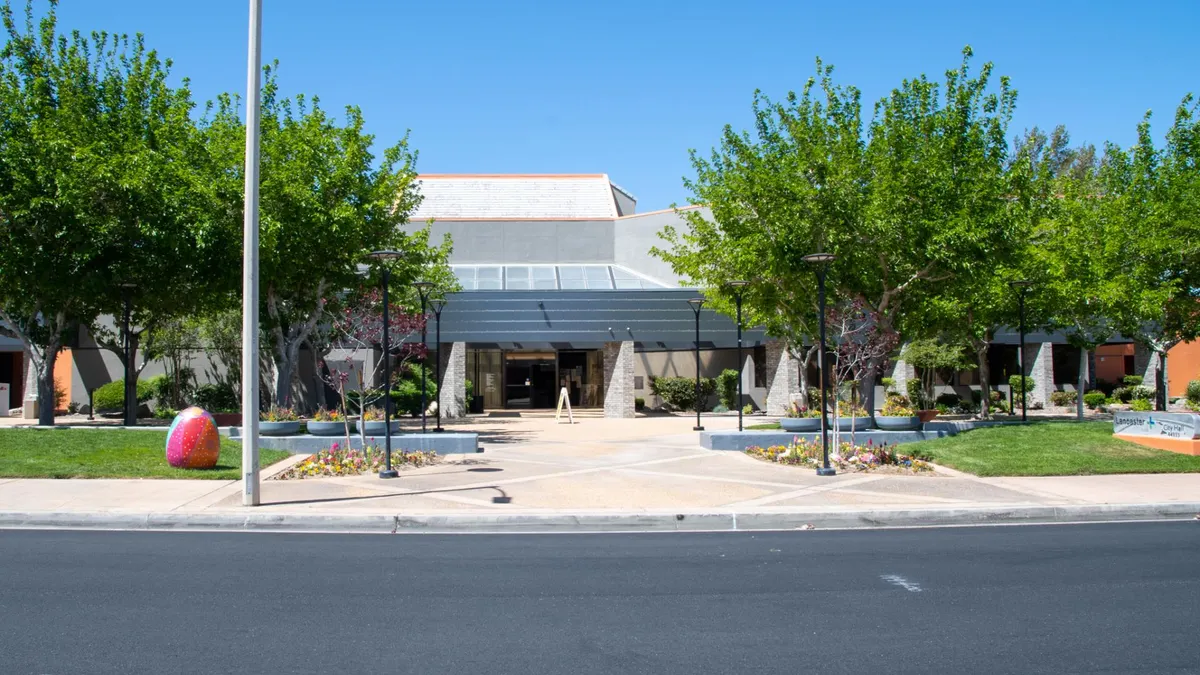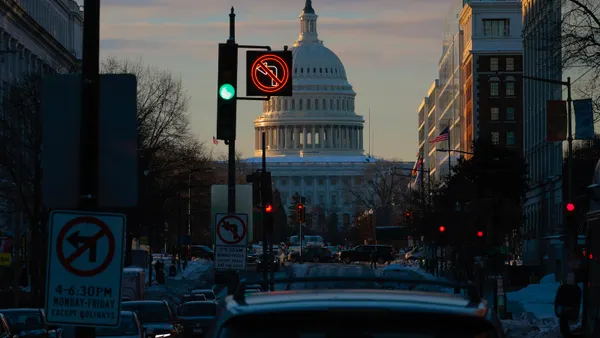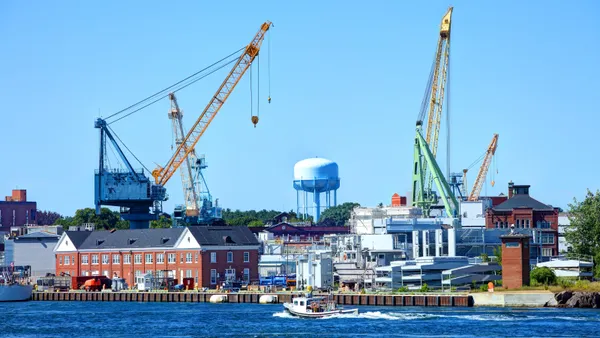Dive Brief:
- The city of Lancaster, California, has reached an agreement to partner with artificial intelligence-based permitting platform Labrynth to deploy the company’s tech across the city’s permitting system, according to a Sept. 3 news release.
- As part of the public-private partnership, Lancaster will be Labrynth’s inaugural municipal partner, according to release. The goals of the integration are to speed up approvals and eliminate bottlenecks in the permitting process.
- Prior to its deal with Lancaster, Labrynth’s platform served contractors. The company’s program uses AI to auto-generate permits and applications, track compliance requirements and auto-fill complex forms, according to its website.
Dive Insight:
The deployment will begin with permitting optimization as the city will use AI and agentic workflows to pre-screen submissions, validate them against requirements, flag missing components and dynamically guide applicants on best practices, according to the news release.
Across the country, other cities have also begun to embrace AI in the permitting process. The municipalities of Los Angeles and Austin, Texas, for example, are using Australia-based Archistar to speed up permit review.
R. Rex Parris, the mayor of Lancaster, told Construction Dive via email that the partnership between the city and Labrynth has been in the works for about a year. Over that time, Labrynth worked with the municipality to understand the ins and outs of the permitting system, in order to tailor its solution to Lancaster’s needs.
“This wasn’t off-the-shelf software,” Parris said. “It was co-designed to work for California’s regulatory landscape and for the pace of development our community demands.”
Indeed, that landscape has historically been stringent, but change is underway — in June, the state rolled back certain provisions of the California Environmental Quality Act, a landmark piece of environmental legislation that required qualified projects to complete extensive environmental reviews. Because of those changes, specific types of developments, such as infill multifamily residential and mixed-use developments, are now exempt from CEQA.
At the national level, following President Donald Trump’s memorandum to embrace tech in the permitting process, the Council on Environmental Quality issued its Permitting Technology Action Plan on May 30, which aims to modernize federal environmental review and permitting processes for a broad group of infrastructure jobs.















